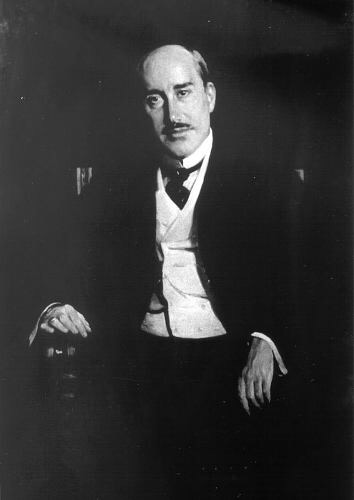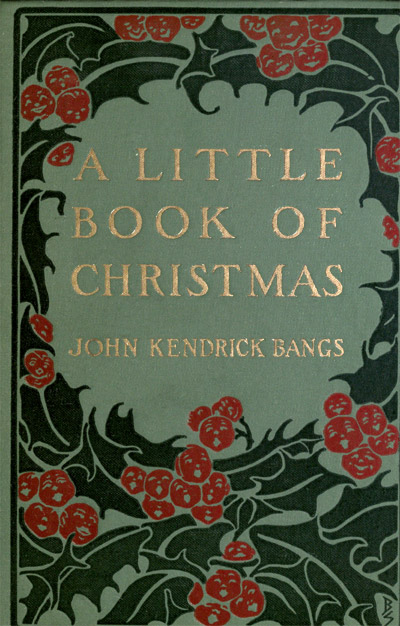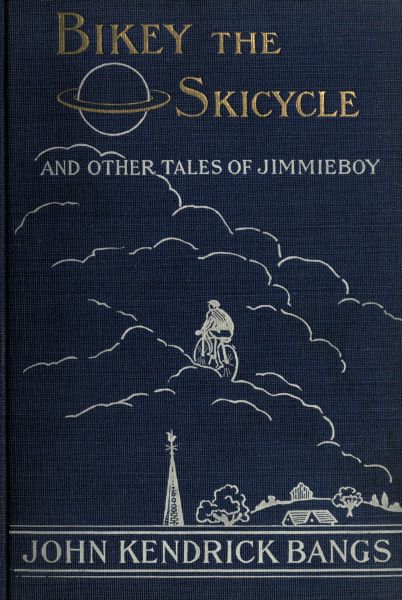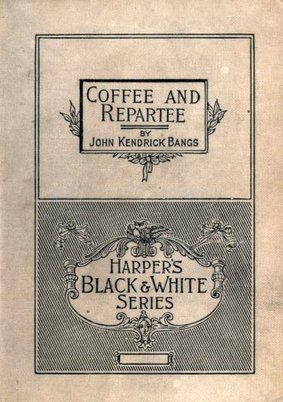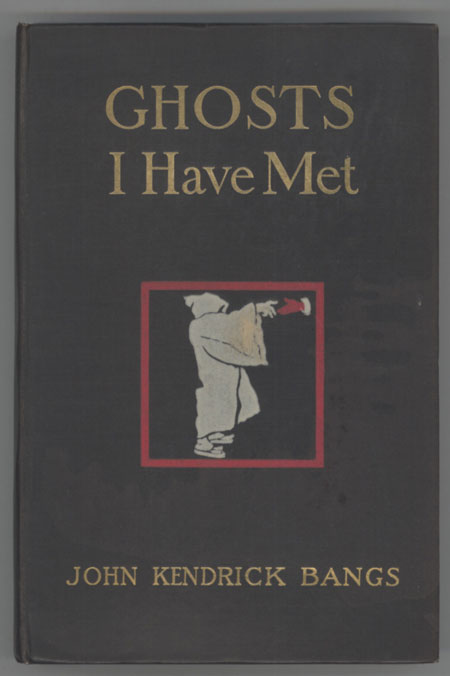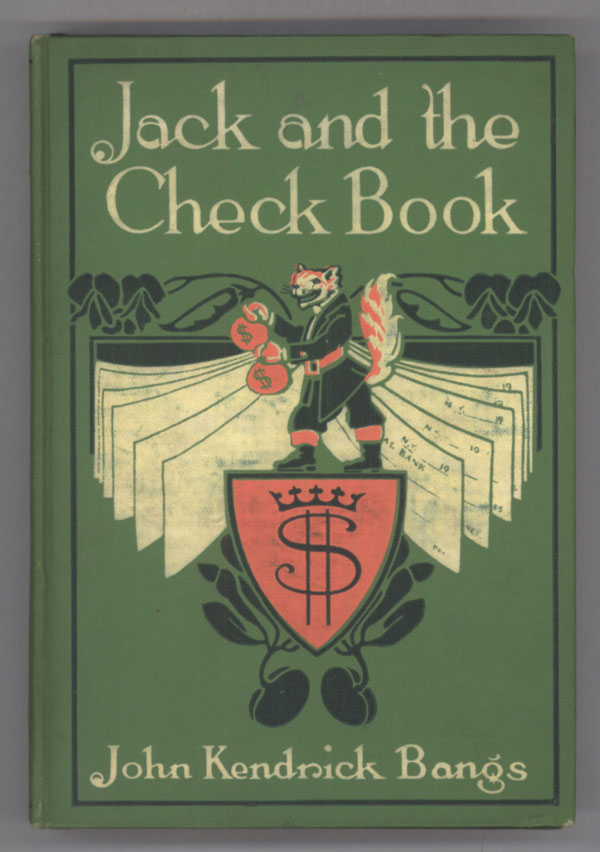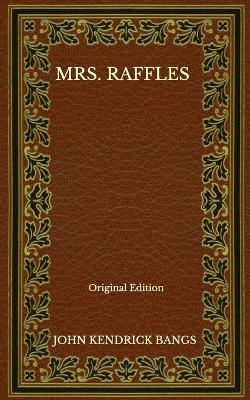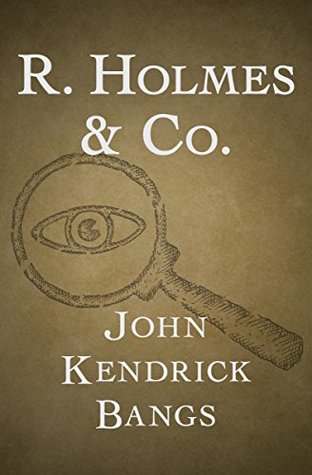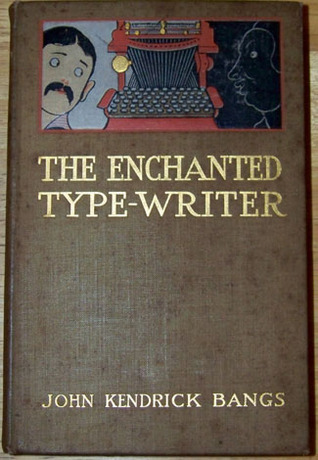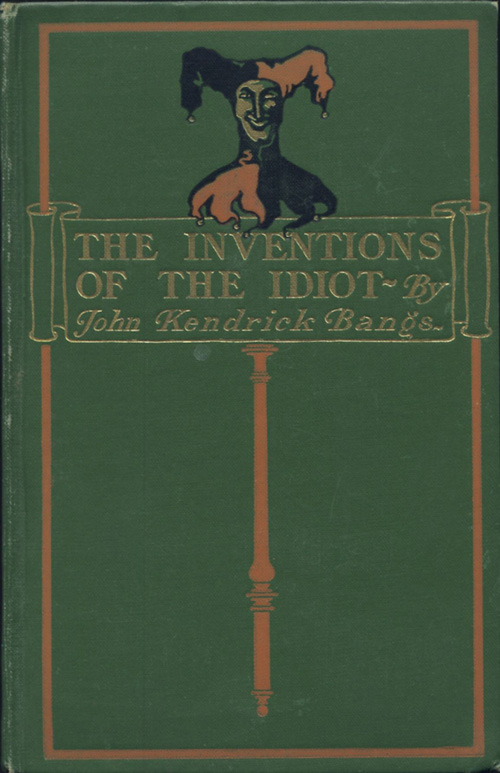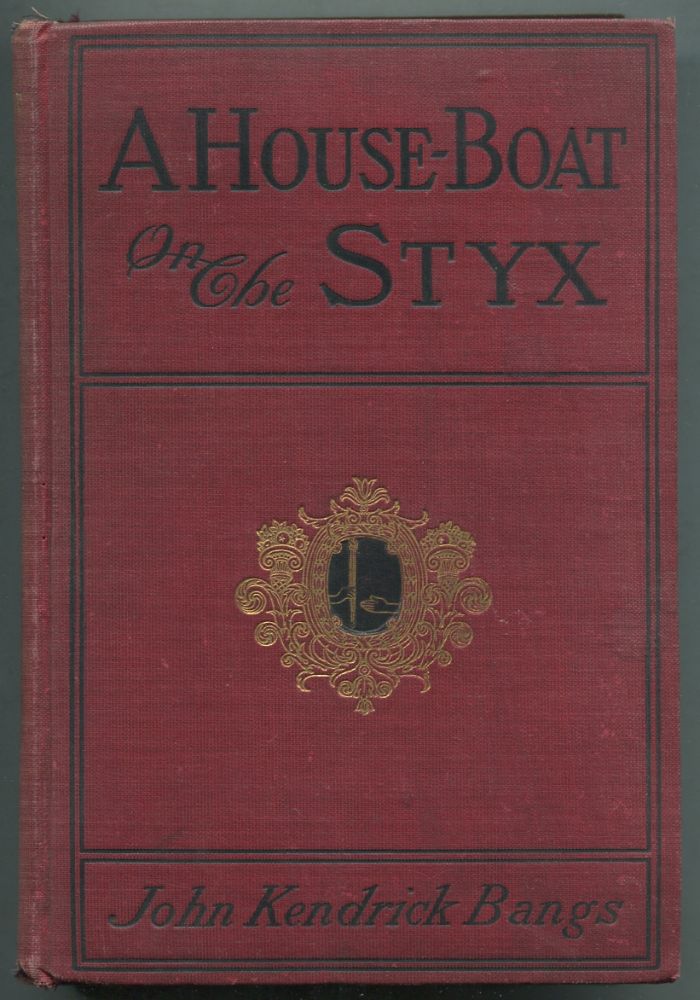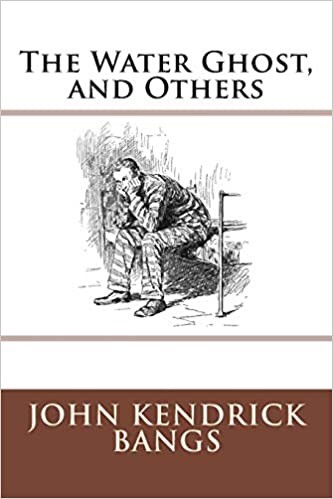John Kendrick Bangs
Author, Humorist &Father of Bangsian Fantasy
John Kendrick Bangs was an American author, humorist, and satirist, born on May 27, 1862, in Yonkers, New York. He was the youngest of six children, born to a successful lawyer and his wife. After graduating from Columbia University in 1883, he worked as a reporter for the New York Tribune and later for Harper's Magazine.
Bangs began his writing career as a humorist and satirist, publishing his first book, "Coffee and Repartee," in 1893. This book, a collection of humorous essays, was well-received and set the tone for much of Bangs' subsequent work. His early works were marked by their wit, satire, and irreverence, often targeting the social and political conventions of the day.
In 1895, Bangs published "A House-Boat on the Styx," a collection of stories that introduced the concept of Bangsian Fantasy. The book was an immediate success and led to a series of sequels, including "The Pursuit of the House-Boat" and "The Enchanted Type-Writer."
Bangsian Fantasy is a subgenre of fantasy literature that takes place in the afterlife and features famous historical or literary figures as characters. In "A House-Boat on the Styx," the main character, Charon, is the ferryman of the River Styx, which separates the living world from the afterlife. He runs a hotel for deceased historical and literary figures, who spend their time playing cards, arguing, and reminiscing about their lives. The book features characters such as Shakespeare, Napoleon, and Cleopatra.
Bangs' creation of Bangsian Fantasy was significant because it introduced a new subgenre of fantasy literature that has since become popular among writers and readers alike. Bangs' use of historical and literary figures as characters in his stories also paved the way for later writers to use real-life people as inspiration for their own works of fiction.
Bangs' success with Bangsian Fantasy allowed him to focus on writing full-time. He went on to publish over 60 books during his career, including novels, short story collections, and works of nonfiction. Many of his books were bestsellers, and he became one of the most popular writers of his day.
One of Bangs' most popular works was "Mr. Bonaparte of Corsica," a humorous novel that tells the story of Napoleon Bonaparte's life from his birth to his exile on Saint Helena. The book was published in 1895, the same year as "A House-Boat on the Styx," and helped cement Bangs' reputation as a master of humorous fiction.
Another notable work of Bangs' was "Ghosts I Have Met and Some Others," a collection of ghost stories that was published in 1898. The book features stories about ghosts who haunt a variety of locations, from hotels to trains to the afterlife. Like much of Bangs' work, the stories are humorous and satirical, poking fun at the conventions of the ghost story genre.
In addition to his work as a writer, Bangs was also a prominent literary critic and editor. He served as the editor of Harper's Weekly from 1900 to 1904, and he wrote articles and reviews for a variety of other publications. He was known for his wit and his ability to spot emerging literary trends, and his criticism helped to shape the literary landscape of his time.
Throughout his career, Bangs remained committed to the idea that literature should be entertaining and accessible to a broad audience. He believed that humor and satire were important tools for social commentary and that they could be used to address serious issues in a lighthearted and engaging way. His writing was often described as "whimsical" or "quirky," and it was characterized by a sense of playfulness and irreverence.
Despite his popularity during his lifetime, Bangs' work fell out of favor in the decades following his death. Many critics dismissed him as a lightweight humorist whose work lacked depth and literary merit. However, in recent years, there has been a renewed interest in Bangs and his contributions to American literature. Scholars and critics have begun to reassess his work and to recognize the importance of his role in the development of Bangsian Fantasy as a literary genre.
John Kendrick Bangs was a prolific and influential writer who played a significant role in the development of Bangsian Fantasy as a literary genre. His creation of this subgenre of fantasy literature paved the way for later writers to explore the possibilities of using historical and literary figures as characters in their own works. Bangs' work was marked by its humor, satire, and irreverence, and he remained committed to the idea that literature should be entertaining and accessible to a broad audience. While his work fell out of favor for a time, there has been a renewed interest in Bangs and his contributions to American literature in recent years, and his legacy continues to be felt in the works of writers who have been inspired by his innovative approach to storytelling.
While Bangs' primary influence was on the literary world, his impact can also be seen in modern film and television. Many of his ideas and themes have been adapted and reimagined by filmmakers and showrunners who have been inspired by his work.
One example of this is the 1988 film "Beetlejuice," directed by Tim Burton. The film features a cast of supernatural characters, including ghosts, demons, and the eponymous Beetlejuice, who inhabit the world of the living. The film's dark humor and irreverent tone are reminiscent of Bangs' work, and the idea of a world in which the dead interact with the living is a hallmark of Bangsian Fantasy.
Similarly, the television series "The Good Place," which aired from 2016 to 2020, draws heavily on Bangsian Fantasy for its premise. The show is set in the afterlife and features characters who have died and are navigating the challenges of the afterlife. The show's creator, Michael Schur, has cited Bangs as an influence on his work, and the show's playful approach to the afterlife and its use of historical and literary figures as characters are hallmarks of Bangs' approach to storytelling.
Overall, while Bangs' influence on modern film and television may be less pronounced than his impact on literature, his ideas and themes have continued to resonate with audiences and inspire new generations of writers and creators. His contributions to Bangsian Fantasy have helped to establish it as a subgenre of fantasy literature, and his innovative approach to storytelling has influenced writers and filmmakers for more than a century.

